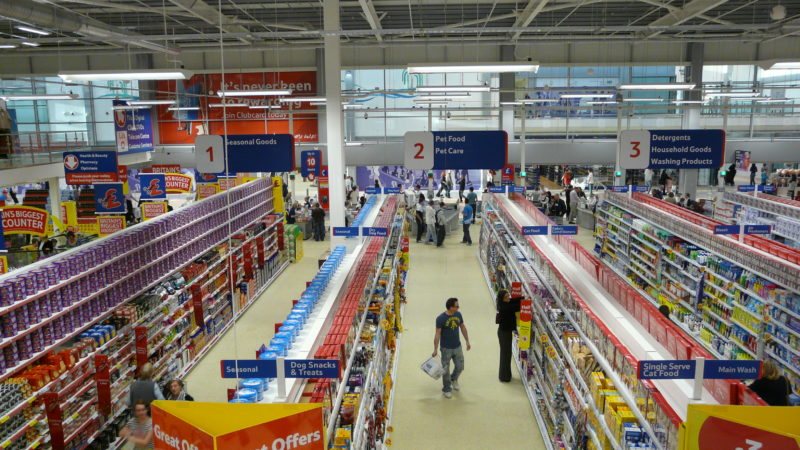Inflation has fallen, but the cost of living in Britain is still rising faster than wages

UK inflation has fallen for the first time in nine months, but the cost of living in Britain is still rising faster than wages, according to official figures released this morning.
Unions have responded to the new data, saying the Government is “out of step” with the public mood and must stop the “cost of living squeeze”.
The comments from the TUC and Unison come despite the unexpected drop in the rate; inflation had been rising more steeply month-on-month and economists expected to see the same again, but today’s numbers shows the country’s inflation rate fell to 2.6 per cent in June, from 2.9 per cent in May.
However inflation is still running significantly ahead of average wage inflation, which is currently at two per cent (excluding bonuses).
TUC General Secretary Frances O’Grady said many working people were “caught in a vice”.
“The government must stop this cost of living squeeze. Many working people are caught in a vice as rising prices crush their pay.
“Ministers claim they are listening to struggling families. But now is the time to prove it. Britain needs a pay rise across the public and private sector.”
Meanwhile, Unison said the government is out of touch with the public mood on public sector pay.
Assistant general secretary Christina McAnea said:
“With inflation much higher than wages, nurses, teaching assistants and care staff are getting poorer.
“The government’s harsh approach to public sector pay is completely out of step with the public mood.
“Every day the pay cap stays, public sector employees are leaving for better paid jobs elsewhere. And it gets that bit harder for the NHS, police forces, schools and town halls to recruit new staff.
“The Chancellor should show he understands the financial struggles of millions of families and end the pay cap now.”
The UK inflation rate has risen sharply since Brexit, as the pound has plummeted.
The drop in inflation last month is mainly due to falling petrol prices, according to the Office for National Statistics.
The Bank of England had been under pressure to raise interest rates as a result of growing inflation, but economists say the latest figures will ease this pressure.
Despite the slight drop, experts have stressed that June is the fifth consecutive month with inflation above the Bank of England target of 2 per cent. It was also considerably higher than the 0.5 per cent level recorded in June 2016.
James Brown, Partner and head of the UK Consumer & Retail practice at Simon-Kucher & Partners told the Guardian the current rate means UK households are spending on average £50 more a month compared to the same time last year.
Charlotte England is a freelance journalist. Follow her on Twitter.
To reach hundreds of thousands of new readers and to make the biggest impact we can in the next general election, we need to grow our donor base substantially.
That's why in 2024, we are seeking to generate 150 additional regular donors to support Left Foot Forward's work.
We still need another 124 people to donate to hit the target. You can help. Donate today.



